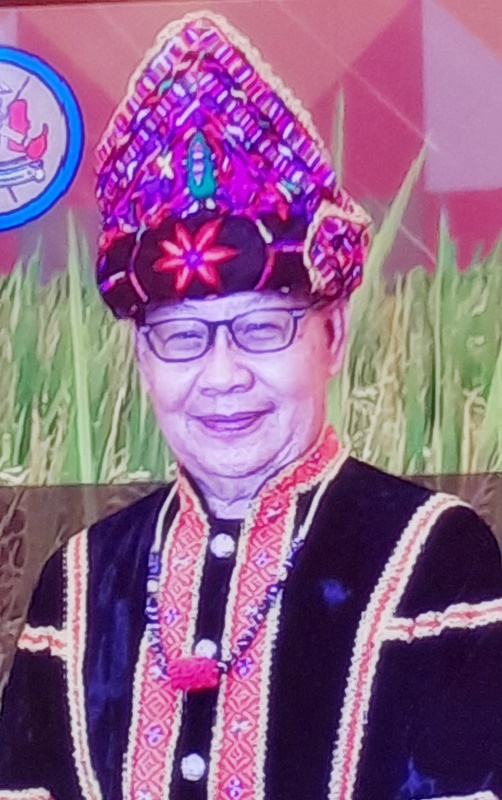KOTA KINABALU: The Seed’s Spiritual Revival (SSR) programme demonstrates Sabah’s dedication to maintaining its diverse biodiversity.
Deputy Chief Minister Datuk Seri Panglima Dr Jeffrey Kitingan said the programme represents a new beginning in Sabah’s conservation efforts, recognising and protecting its status as a worldwide biodiversity hotspot.
“The programme was launched in 2021 and despite MCO due to the COVID-19 pandemic at the time, we were able to gather indigenous seeds,” he said at the launching of the programme in conjunction with the State Level Kaamatan Festival and International Biodiversity Day 2023 here today.
He said thanks to the support of local communities and virtual representatives from the Food and Agriculture Organisation (FAO), the programme has received international recognition from the United Nations for its efforts to collect and propagate indigenous seeds,.
Jeffrey said, while Sabah is home to approximately 15,000 plant species, decades of overreliance on forest resources for socio-economic development have resulted in significant ecosystem changes, resulting in the loss of valuable biological assets, including endangered indigenous plants.
“We are also witnessing the emergence of genetically modified organisms (GMOs), which are increasingly replacing native plants. These indigenous plants have been crucial to human survival for generations, and their decline is cause for concern,” he said.
To address this issue, Jeffrey said the SSR programme is focused on reviving indigenous species by resurrecting them.
“Our community’s commitment to this cause is embodied in our selection of seven tree types from each district, symbolising the unity of seven souls, a central theme of the Kaamatan Festival,” he said adding that the Department of Agriculture, which is under his Ministry of Agriculture, Fisheries and Food Industry, would be the programme’s next custodian.
Jeffrey said the programme has amassed a collection of 106 indigenous plant seeds since its inception, including 45 types of fruit, 42 herbs, and 19 local rice variants.
He stressed the importance of additional research and documenting of indigenous plants and seeds and encouraged the creation of a comprehensive database for future reference.
“All seeds collected in their natural habitats must be reported to the Sabah Biodiversity Centre. Traditional uses of plants, such medicinal herbs, must also be documented in order to preserve the knowledge for future generations.
“All intellectual property rights, including those relating to seeds and plants, are protected under the International Treaty on Plant Genetic Resources for Food and Agriculture so as to ensure that any exploitation of genetic resources is consistent with the International Convention on Biodiversity under the United Nations,” he concluded.-pr/BNN






